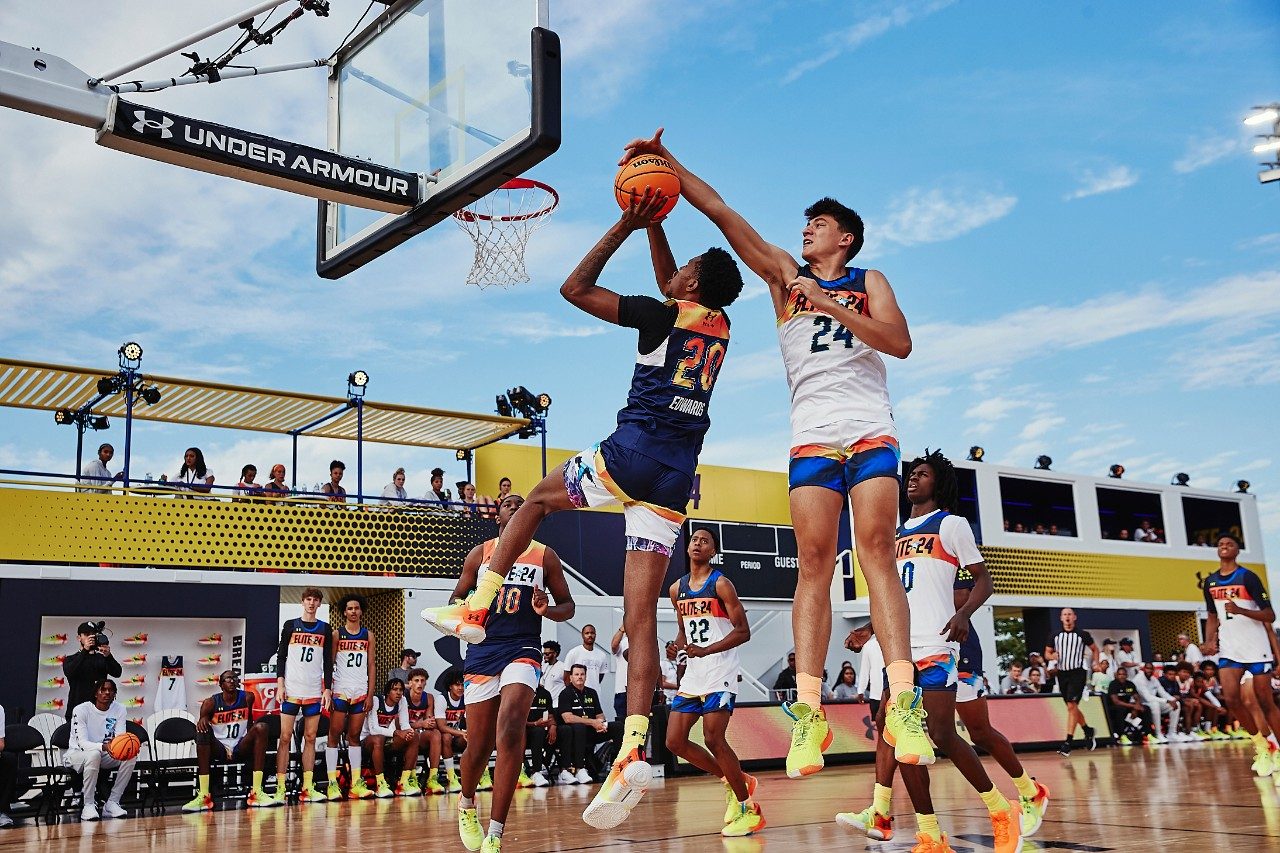In the world of sports, physical prowess often takes the spotlight, but beneath the surface, a hidden realm of mental mastery holds the key to unlocking exceptional performance. This is where the fascinating discipline of sports psychology comes into play, revolutionizing the way athletes approach their game.
Mental Mastery: Elevating Performance Through Sports Psychology
Athletes are more than their physical abilities; their minds are a powerhouse of potential waiting to be harnessed. Sports psychology is the bridge that connects the physical and mental dimensions of athletic excellence. It delves into the intricacies of the human psyche, understanding how thoughts, emotions, and attitudes shape an athlete’s performance.
At its core, sports psychology empowers athletes to confront the mental hurdles that can hinder their achievements. Anxiety, self-doubt, and stress are adversaries that can undermine even the most talented individuals. Through techniques like visualization, relaxation, and mindfulness, athletes learn to manage these challenges, fostering a mental resilience that mirrors their physical strength.
One of the cornerstones of sports psychology is goal-setting. While setting goals is common practice, sports psychology refines this process, emphasizing the importance of specific, measurable, achievable, relevant, and time-bound (SMART) goals. These goals provide a clear roadmap for athletes, boosting their motivation and focus.
Visualizing success is another potent tool in an athlete’s mental toolkit. By vividly imagining themselves overcoming obstacles and achieving their goals, athletes create a mental blueprint for success. This technique not only sharpens skills but also boosts self-confidence, paving the way for consistent high-level performance.
An essential aspect of sports psychology is self-awareness. Athletes learn to recognize their strengths and weaknesses, acknowledging their emotions without allowing them to control their actions. This emotional intelligence not only enhances their performance on the field but also equips them with valuable life skills.
Sports psychology also delves into the art of concentration. In a world filled with distractions, athletes need the ability to focus entirely on their task at hand. Techniques such as mindfulness meditation and attention control exercises help athletes tame their wandering minds, allowing them to stay ‘in the zone’ during critical moments.
Team sports benefit significantly from sports psychology, as it fosters effective communication and camaraderie. Athletes learn to understand the psychological dynamics of their teammates, creating an environment of mutual support and unity. Sports psychologists often work closely with coaches to foster a positive team culture that maximizes collective performance.
In the realm of sports psychology, failure is not viewed as defeat but as an opportunity for growth. Athletes are taught to embrace setbacks as learning experiences, reframing their perspective to bounce back stronger. This mindset shift not only fosters resilience but also transforms athletes into lifelong learners.
In conclusion, “Mental Mastery: Elevating Performance Through Sports Psychology” encapsulates the transformative journey athletes embark on to optimize their mental fortitude. Sports psychology is a potent tool that transcends physical limits, shaping champions from the inside out. By unraveling the complexities of the mind and enhancing mental resilience, athletes tap into a wellspring of untapped potential, propelling themselves towards greatness on and off the field.




